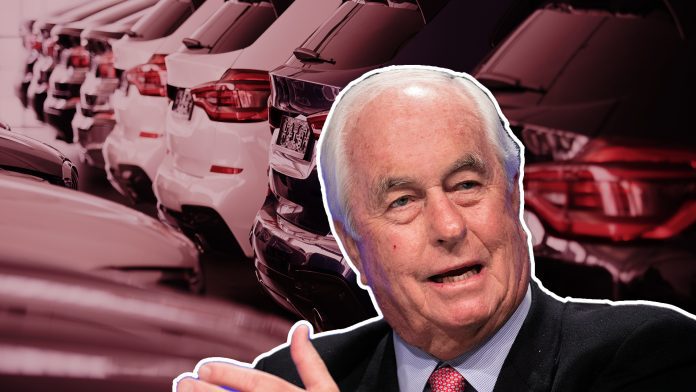Penske Automotive published its first-quarter performance numbers on Wednesday April 26, revealing some disquieting financial results on top of record-breaking revenue.
According to the dealership group’s report, quarterly revenue grew 5.2% year-over-year, hitting a record $7.3 billion in March. The company’s automotive retail segment also grew 4% to $6.3 billion, accounting for 85% of its total Q1 earnings. From January through March, the brand sold 117,619 new-and-used vehicles, a 4.8% improvement over last year’s 113,759 units. However, while Penske Automotive CEO Roger Penske stated “our performance continues to demonstrate the benefits of the company’s diversification and the strength of its business model,” he admitted that interest rate increases and supply chain difficulties had challenged the brand during the first quarter.
Some sections of Penske Automotive’s first-quarter report are indeed encouraging, but others areas shed light on the inevitable impact these challenges have had on dealership group’s finances. The company’s substantial earnings failed to prevent net income from slipping 18.9% from Q1 2022. Used vehicle retail revenue also lost 7% on a same-store basis, as did the brand’s finance and insurance profit. The dealership group’s latest report bears similarities to the previous quarter’s results, which showed net income falling even as revenue for the October-through-December period hit a new record.
However, despite the retracting profit margins, Penske Automotive’s first-quarter income was still significant, hitting $299.6 million. Furthermore, even though the brand’s attributable earnings for shareholders have also decreased, its stock values have three consecutive years of growth, suggesting its shareholders are unlikely to overreact. The mixture of positive and negative news coming out of March may dispel the notion held by some retailers that the economy is well on its way to a full-scale recovery, but the stories also serve as a reminder of the auto market’s unexpected tenacity in the wake of the COVID pandemic.



